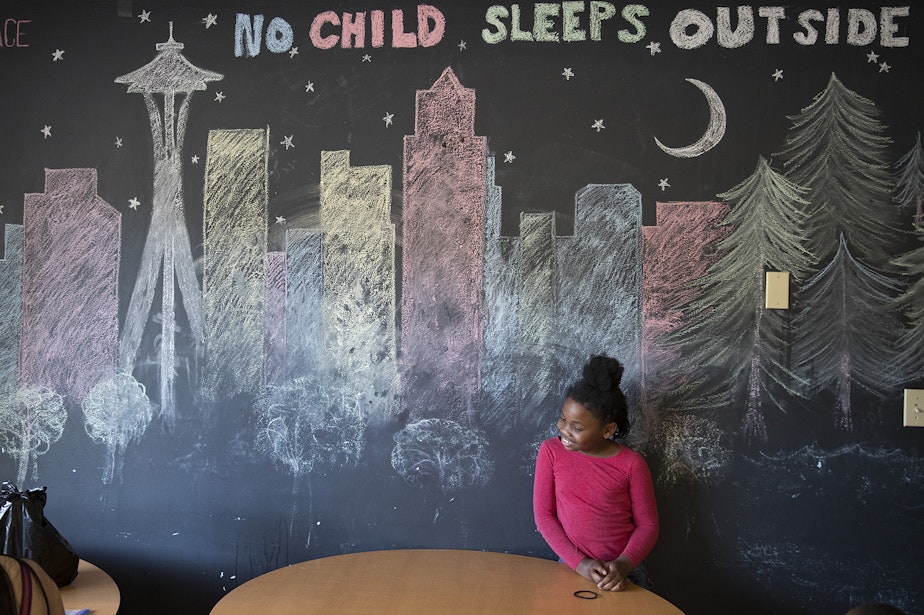One in 11 black residents were evicted from the Seattle area since 2004, researchers say

Evictions in King County have wreaked havoc on the black community, researchers at the University of Washington have concluded.
In a report looking at evictions across Washington state, the researchers determined that one in 11 black King County residents were evicted between 2004 and 2017.
The rate of displacement was even higher for Pierce County. There, one in six black residents were evicted over the same time span.
"That means that evictions are a civil rights issue," lead researcher and report co-author Tim Thomas said on Thursday.
Thomas and his colleagues scraped court records from across Washington state to get the names and addresses of people who had "unlawful detainers" — people who were given three days to pay rent or move out and who didn't pay up. The researchers then used a machine learning program on those two pieces of information to infer the races of the people on the list.
"For example, if a person has a last name of 'Jackson,' there's a higher probability that they're African-American," Thomas said. "But if they live in a white neighborhood [and their last name is Jackson], they're likely to be white. In a black neighborhood, they're likely to be black."
Sponsored
The results were "horrifying," said Sade Smith, Seattle NAACP executive committee member and public defender.
"We can't have this type of data and do what we've always done, which is nothing," she said.
A major finding from the report showed that 50 percent of eviction cases in King County resulted in default — meaning that the renter didn't show up and the judge automatically issued an order in favor of the landlord's terms.
Just 8 percent of defendants in these cases had legal representation.
"Our Constitution protects people criminally with representation and it requires that, but there's a lot that's left out of that," Smith said.
Sponsored
If someone's found in default on an eviction case, that impacts their future ability to find housing — and by extension their children's futures, Smith said.
"We're talking about stealing from people's generational wealth," she added.
Eviction is the leading cause of homelessness, a well-established crisis in Seattle. An estimated 12,000 people are homeless in King County on any given night.
"Anyone who's wondering why we have a homelessness crisis should go watch an eviction," said Xochitl Maykovich, co-chair of the Seattle Women's Commission and a tenant rights advocate who co-authored a report on local evictions last year.
That report, which looked at more than 1,000 evictions in Seattle alone, also drew attention to racial disparities: Black tenants were evicted at 4.5 times the rate of what would be expected for the population size.
Sponsored
Maykovich pointed out that when life emergencies happen — a sudden and devastating illness, loss of a job, or loss of a family member — white families often have financial support to fall back on.
"For a lot of people of color, you don't have familial wealth to lean on," Maykovich said. "With having that one emergency, when you don't have that money to lean on, you don't have any options."
Advocates like Maykovich are currently trying to change the way evictions are handled in Washington state. A pair of bills in the state House and Senate (HB 1453 and SB 5600 respectively) would, among other things, extend the amount of time someone has to cough up rent or be evicted: from three days, as it currently stands, to 14 days.
Tim Thomas, the lead researcher behind the UW study, says he isn't done investigating the impacts of evictions locally.
One interesting aspect of local evictions is that they've declined in recent years, he said.
Sponsored
But that doesn't mean Seattle's making progress.
"We think the reason the decline is occurring is because of displacement and because those people have entered the homeless population," Thomas said. "In other words, they disappeared out of the market because there was nowhere else for them to go."
He plans to test that theory next.




